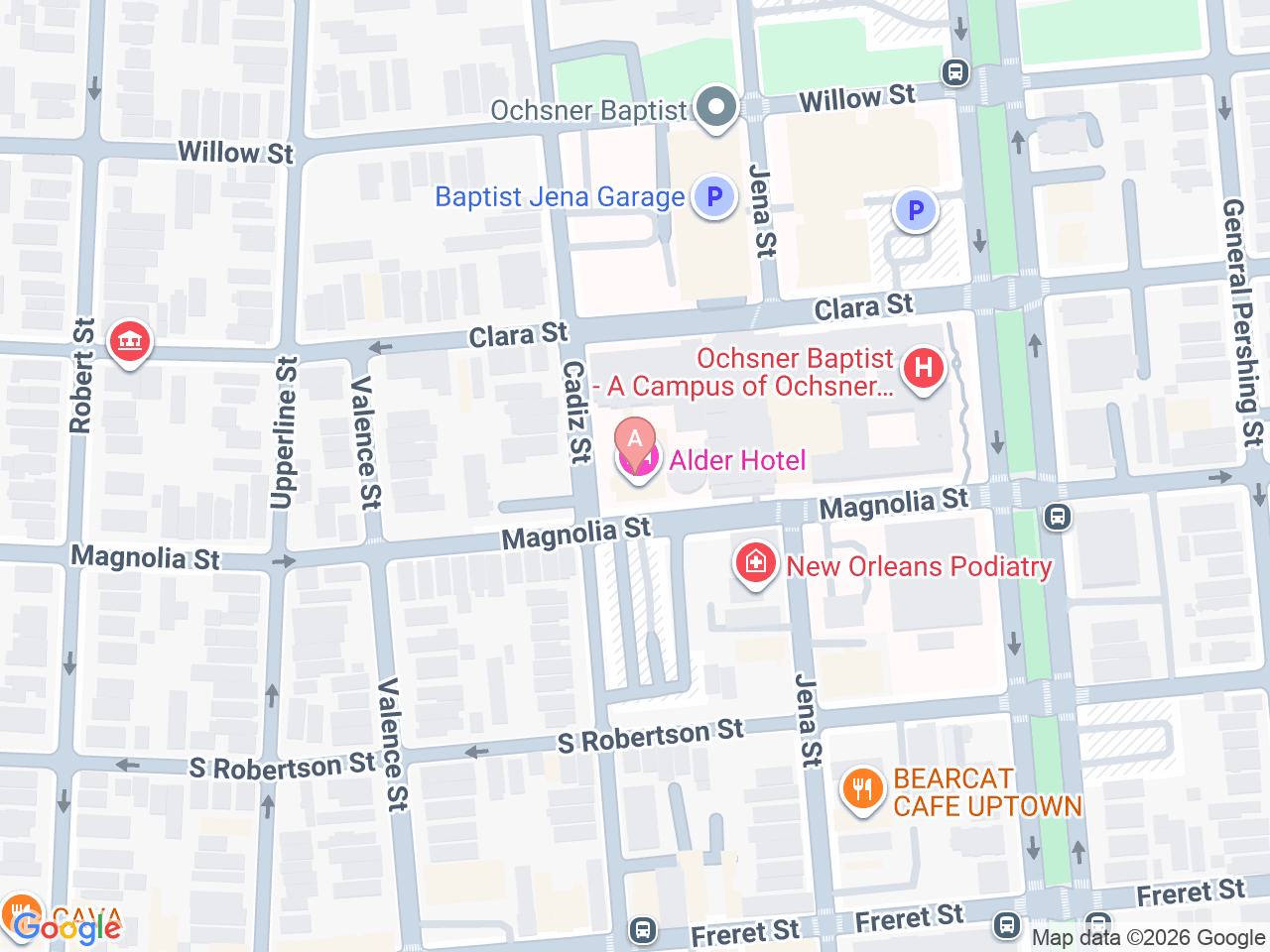Why choose Ochsner for spina bifida care?
Recently, major breakthroughs have been made in treating spina bifida diagnosed before birth with promising results. In New Orleans, Louisiana, Ochsner Health is leading the way with these advancements, giving families hope and brighter futures.
In 2013, Ochsner performed the first in-utero surgery for spina bifida in the Gulf South. Our fetal surgery team operated successfully on a 23-week-old fetus with myelomeningocele, a serious condition that happens when the spinal cord doesn’t close properly during the early stages of a baby’s development, usually in the first month of pregnancy with excellent results.
Ochsner also houses the only 24/7 Maternal Fetal Specialist Team and Fetal Therapy Team in the region. In addition, Ochsner Baptist Women’s Pavilion is home to the region’s only level 4 neonatal intensive care unit (NICU) – the highest level designation awarded by the State of Louisiana.
Also, the Brent House Hotel is connected to Ochsner Medical Center giving families a convenient place to stay close to their loved ones receiving care.



